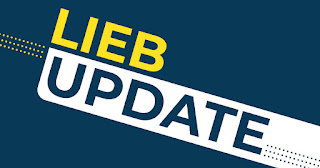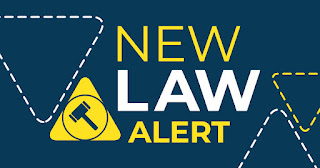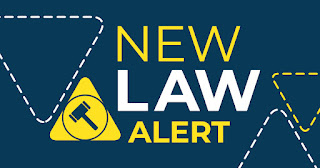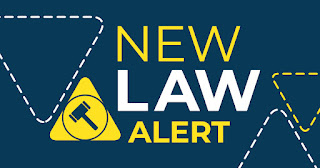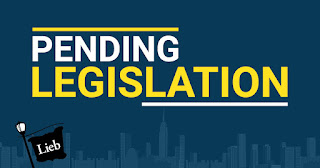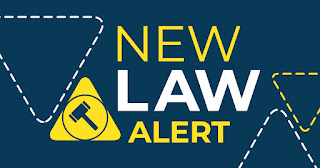On 12/17/2021, the Sixth Circuit Court of Appeals upheld the OSHA vaccine mandate for employers with 100 or more employees.
Per OSHA, citations for non-compliance will start on January 10, 2022. These citations are going to be huge with penalties for non-compliance set at:
| Type of Violation | Penalty |
Serious
Other-Than-Serious
Posting Requirements | $13,653 per violation |
| Failure to Abate | $13,653 per day beyond the abatement date |
| Willful or Repeated | $136,532 per violation |
To remind employers, and according to the Circuit Court, the Emergency Temporary Standard of 11/5/2021 "requires that employees be vaccinated or wear a protective face covering and take weekly tests but allows employers to choose the policy implementing those requirements that is best suited to their workplace."
If you are questioning why OSHA has the authority to issue this Emergency Temporary Standard, the Circuit Court explained that "OSHA is charged with ensuring worker safety and health 'by developing innovative methods, techniques, and approaches for dealing with occupational safety and health problems.'” Plus, it can make an Emergency Temporary Standard if it determines “that employees are exposed to grave danger from exposure to substances or agents determined to be toxic or physically harmful or from new hazards,” and (2) that an “emergency standard is necessary to protect employees from such danger.”
If you are still unconvinced and if you are an employer that doesn't want to follow the Emergency Temporary Standard don't just ignore it. Instead, seek a variance from the standard, which is available if you can demonstrate “that the conditions, practices, means, methods, operations, or processes used or proposed to be used by an employer will provide employment and places of employment to his employees which are as safe and healthful as those which would prevail if he complied with the standard.”
If you are an unconvinced employee, seek a reasonable accommodation based upon your sincerely held religious belief or disability.
If you are instead wrongfully relying on the Fifth Circuit's stay of these guidelines, DON'T. The Sixth Circuit is the final word unless the Supreme Court elects to hear the case. The difference between the Circuit Courts' decisions came down to the enabling statute 29 USC 655(c)(1) and OSHA's authority to issue the Emergency Temporary Standard (yes, there were differences about almost everything all the way to the Commerce Clause, but that wasn't the heart of the decisions). Section 655(c)(1) provides that OSHA is required "to issue an emergency standard if necessary to protect workers from a “grave danger” presented by 'exposure to substances or agents determined to be toxic or physically harmful or from new hazards.'" Whereas the Fifth Circuit defined the terms in that phrase ("substances or agents," "toxic or physically harmful," and "grave danger,") narrowly, the Sixth Circuit took a broader holistic view. As such, this entire issue isn't about COVID, vaccines, mandates, workers, liberty, or rights. Instead, this all comes down to the rules of statutory interpretation.
